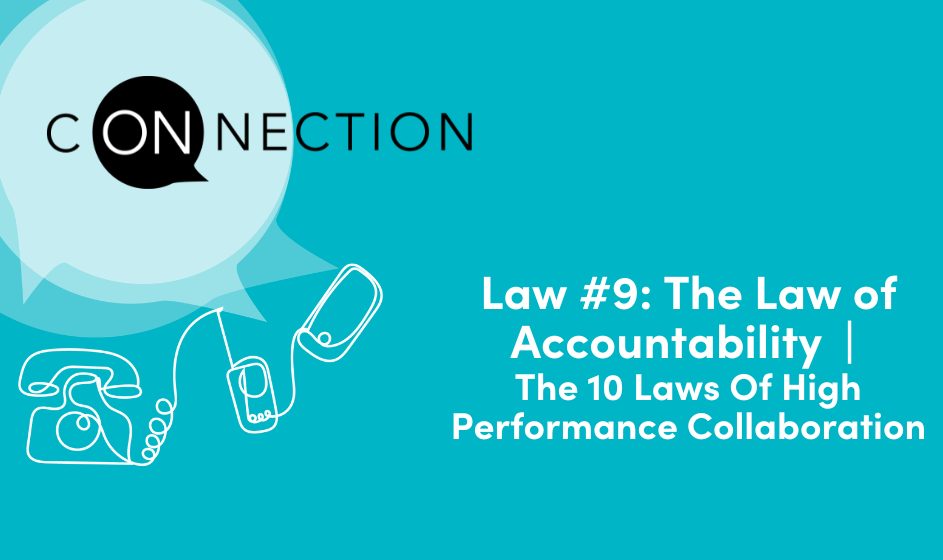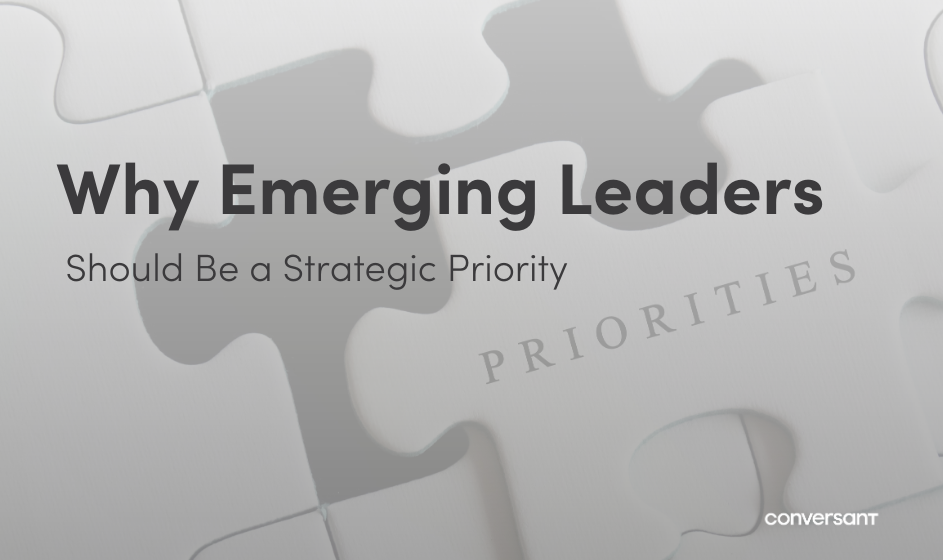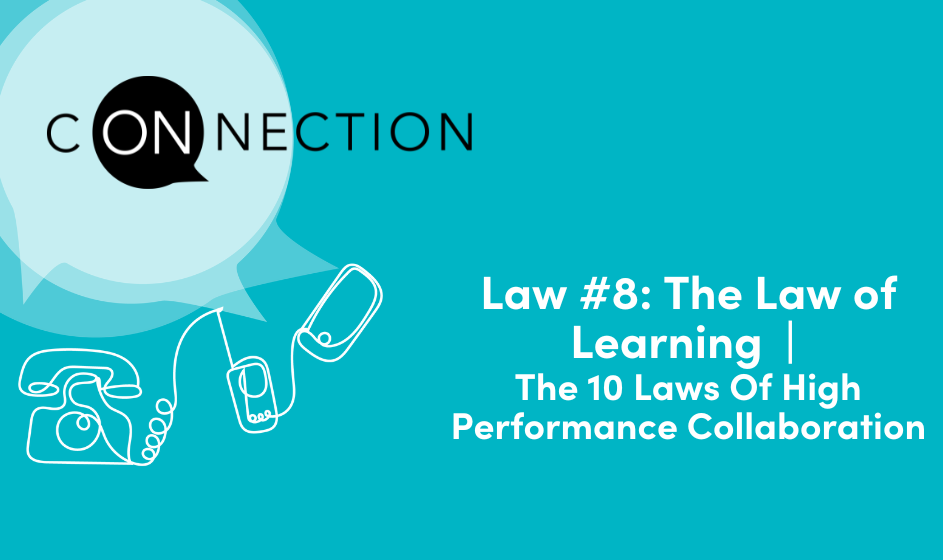Read Part 1 of this blog series: Mental Health in the Workplace: The Canary in the Coal Mine
Anxiety, depression and stress are normal and healthy responses to difficult situations and increasing pressure in our lives. The real problem is our reaction – the way we “deal” with this provisional mental state. We judge, we repel, we bury and we hide. We treat it as a flaw rather than a natural human response and then we wrap it in permanency, fencing it off and adding fire to the flames.
The good news is that many organisations have invested in addressing this issue, and the research on workplace wellbeing is mounting, much of it pre-COVID yet as recent as January 2020. Some programs offer individual support for employees, mental health awareness training for leaders and even technology-based solutions that provide resources for exercise, nutrition, mental resilience and even guided self-help for depressive symptoms. The spectrum of interventions is broad and depends largely on how the organisation defines the “health” they’re looking to support.
Current research shows that organisations that care about mental health should focus on cultivating cultures of human connection where:
- It is safe to speak up
- Leaders really listen to what is being said
- There is collective ownership with visible and tangible action
The real value comes for organisations when they shift this responsibility from individual leaders dealing with discrete episodes to the whole organisation, prioritising these cultural commitments as an important element of business vitality and performance.
In measuring the effectiveness of workplace mental health initiatives, a reactive approach (1-1 mental health support with a licensed practitioner) had an average ROI of 3:1, while organisation-wide cultural initiatives had an ROI of 6:1[1]. There is substantial evidence that when organisations take ownership and develop system-wide support, mental health signals are destigmatized and the business benefits. Taking it a step further, mental health signals can become critical insights into system health and long-term performance.
Reviewing successful approaches to mental health in the workplace reveals that the levers used to build vibrant, prosperous and highly successful organisations are the same as those for mental health remedies:
Make it safe to speak up
Not only 1:1, but as an organisation. Especially in our current reality, we have to intentionally create spaces to simply check in with one another. Take a few minutes at the start of your calls to have everyone share how they’re doing: How are you feeling? What are you working on right now? Is there anything you could use some help with?
Leaders must go first, showing some vulnerability and demonstrating to everyone else that it’s okay to sometimes be unfocused, unproductive, overwhelmed or behind. Leaders can openly address mental health and legitimise personal challenges by sharing some of their own.
Organisations support this sense of safety by naming wellbeing as a strategic priority, clearly defining what that means for the community and then owning a process for taking action: building awareness, measuring impact and developing a culture that fosters open discussion on difficult topics, challenges, conflict and mistakes.
Not only does this investment build trust across the system, it’s also good for business. In Amy Edmondson’s work on Psychological Safety, medical teams that had the highest number of prescription errors paradoxically were the highest performing teams[2]. That’s because they had the personal courage and safety to actively report when things did go wrong, calling out the error and fixing it quickly – a great example of a learning organisation in action.
Listen with Empathy
Anxiety, depression and stress are very human responses to events in our lives. Leaders can help mitigate the isolation people experience in stressful times by being open and curious, responding to any vulnerability with compassion. Seeing and acknowledging the whole of the person rather than just their productivity and results is essential. Empathy builds trust in relationships, allowing individuals to more readily disclose personal experiences that are impacting their quality of engagement at work and, by extension, their teammates.
Empathy and authentic connection with others is critical to personal and organisational resilience. In a 2018 TED talk, Dr. Stephen Trzeciak (an internist with over 20 years of experience in the ICU) shared his research on the impact of compassion in highly stressful, life threatening situations. He concludes compassion not only improves health outcomes and immunity but is also an antidote to burnout. While many feel they don’t have enough time for this depth, he shows that 40 seconds of compassion is all you need to make a meaningful difference.
Pivot from individual issue to collective concern
Rather than isolate the problem and fix the individual, look at the system. See it as a symptomatic manifestation of systemic weakness and an opportunity to learn about the health of your organisation. Where in the system are people most often feeling stress and pressure? Where is there overwhelm and fatigue? What can we learn from these observations? Are there shifts we can make to bring more ease and energy?
While work stress may not always be the primary trigger for personal distress, it is likely to have contributed. Heavy workloads, harassment, bullying and workplace conflict are not uncommon and can have a significant impact on an individual’s wellbeing, not to mention trust, psychological safety and engagement[3].
Organisation-wide approaches to wellbeing not only serve to mitigate potential harm, they can tap the very source of thriving organisations and sustainable performance, setting up the conditions for intrinsic motivation and drive. According to Self Determination Theory[4] this happens when workplaces satisfy what has been identified as the three universal human needs: relatedness, competence and autonomy.
In our own work on Connected Leadership, we’ve noticed that the most high-performing and high-energy organisations have cultures that take care of these three needs through:
- Community: a sense of belonging, rooted in common values and common purpose
- Contribution: creating opportunities for people to make a meaningful difference
- Choice: giving individuals the autonomy to choose what they want to commit to, rather than simply being compliant
When these three elements are prioritised, they inspire deeper connections, more authentic disclosure of challenges and ideas, more empathy and innovation and a greater value for diversity and inclusion – all things business leaders are increasingly desperate to create in their organisations.
Tackling mental health and employee wellbeing is not a simple task. It is a complex challenge that requires a systemic approach, a cultural evolution that can provide preventative support over the long-term. However, mental health isn’t an isolated issue – it is simply a symptom of much deeper misalignments in our organisations, and it is in the best interest of your employees and your business to commit to addressing it.
We’ll be continuing this blog series on mental health in the workplace in the coming months, so stay tuned by signing up for the Conversant newsletter or by following us on LinkedIn.
If there’s a challenge you’re facing related to mental health and wellbeing in the workplace, or if your team has discovered an effective way to stay connected and take care of one another, let us know in the comments below. We’ll be collecting your questions and insights so we can explore the questions that are most valuable to you.
[1] Mental Health and Employees, Refreshing the Case for Investment – Deloitte January 2020
[2] THE FEARLESS ORGANIZATION – Amy C Edmondson, HBS 2019
[3] TIME TO TAKE OWNERSHIP – Mental Health at Work BITC 2019
[4] Self Determination Theory, Deci & Ryan 2000



